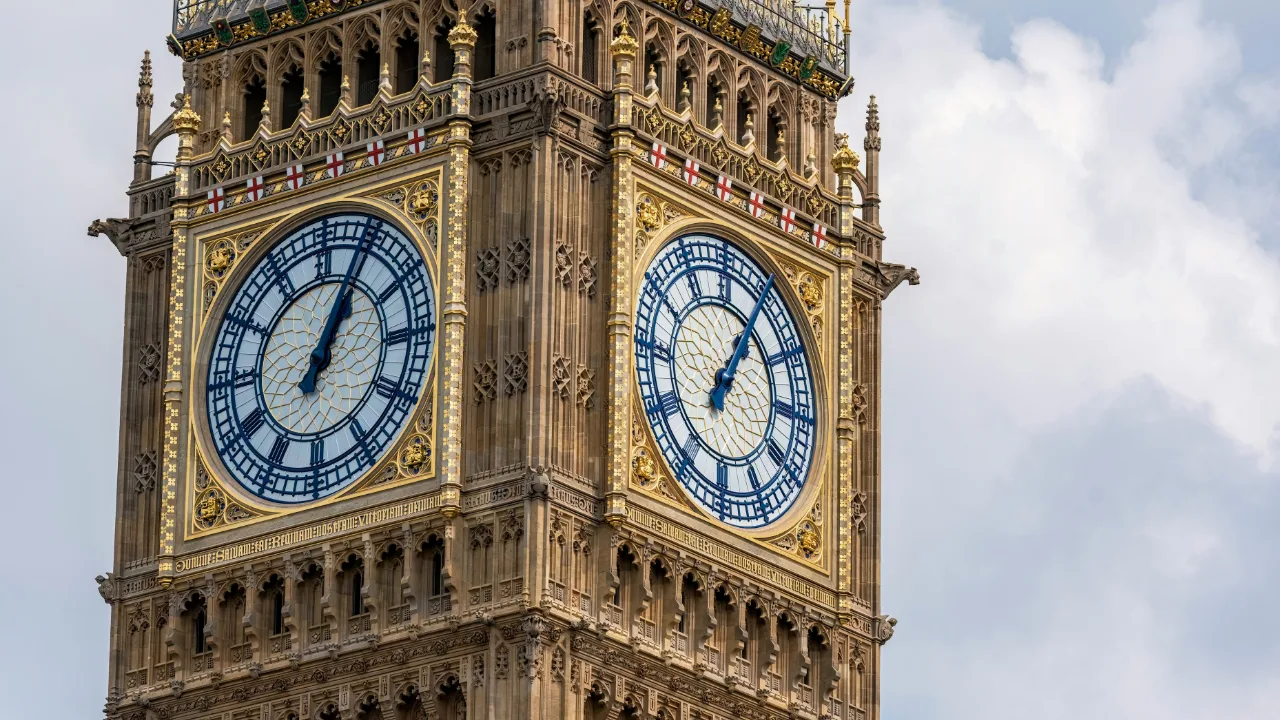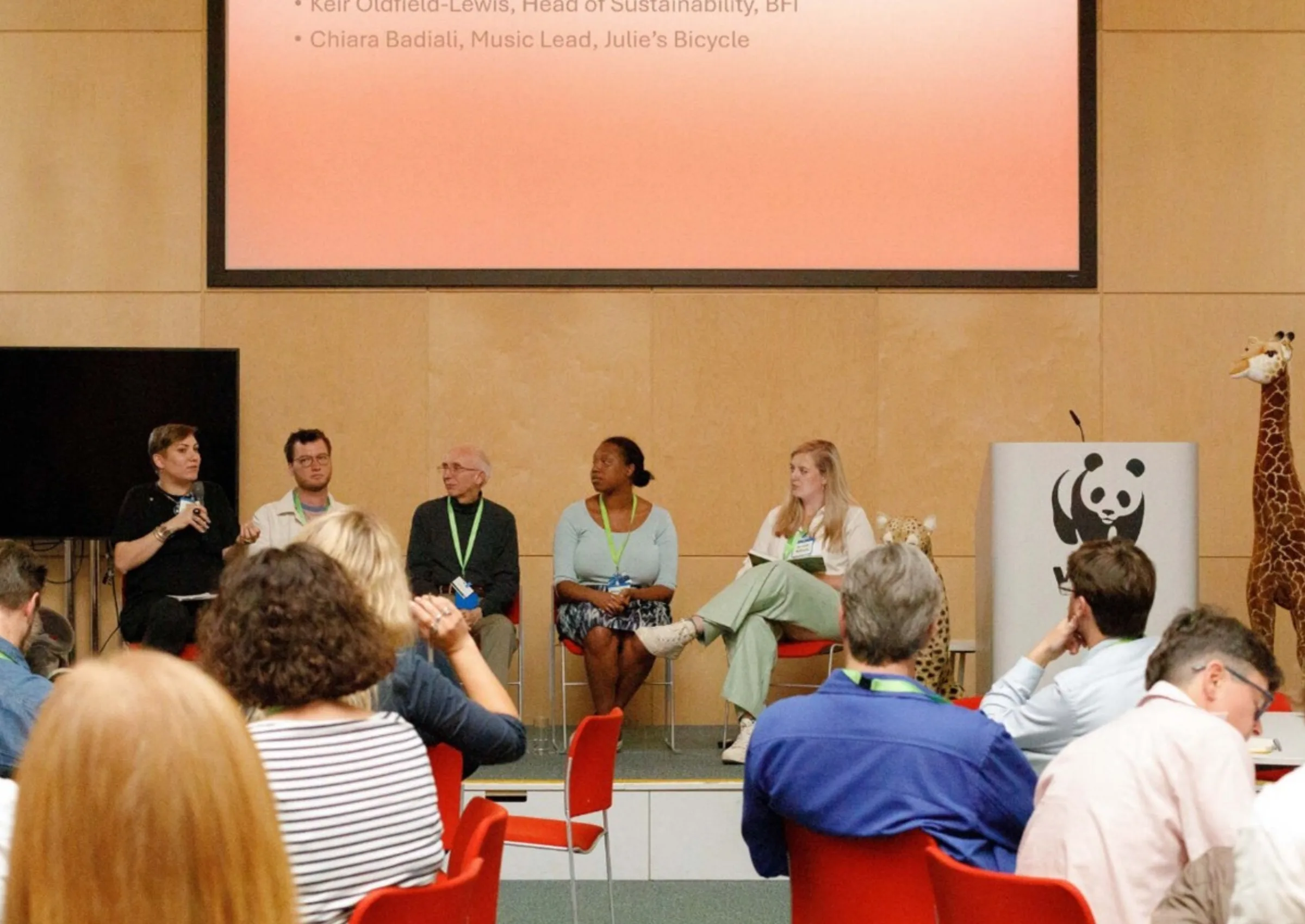Michelle Donelan, the Secretary of State for Digital, Culture, Media & Sport, has formally announced that the government has cancelled its plans to privatise Channel 4 Corporation.
In a significant reversal of the previous administration’s policy, she told the House of Commons that “pursuing a sale is not the best option to ease the challenges facing Channel 4.”
Our research team at Cardiff University (within the Creative Industries Policy and Evidence Centre) welcomes this development. In our submission to the 2021 government consultation, we advised against a change of ownership. We cautioned that privatisation would risk the sustainability of Channel 4’s unique public service mission, reduce competition in programme commissioning, and disrupt the UK’s wider broadcasting ecology.
Alongside the government’s renewed commitment to a publicly-owned Channel 4, the Secretary of State announced a suite of reforms aimed at ensuring the corporation “can continue to grow, compete and keep supporting our thriving creative industries.”
Chief among these is a proposal to relax Channel 4’s ‘publisher-broadcaster’ status. Unlike the UK’s other national public service broadcasters (PSBs) – the BBC, ITV and Channel 5 – Channel 4 is legally prohibited from making programmes. Instead, it commissions its content from independent television producers and other broadcasters.
As industry and policymakers look ahead to the government’s forthcoming Media Bill and its prospective reforms to the UK broadcasting sector, this blogpost examines the potential impact of changing Channel 4’s publisher-broadcaster model. We pay particular attention to the implications for supporting UK independent producers, and its contributions to the public value of UK public service broadcasting.
Channel 4 as a publisher-broadcaster
Since its founding in 1982, Channel 4’s publisher-broadcaster model has played a pivotal role in driving the growth, competitiveness and creative diversity of UK ‘indies’. These companies mark one of the UK creative industries’ greatest success stories, having seen sector revenues grow from £1.3bn in 2005 to £3.2bn in 2021. Of the £1.9bn worth of indies’ commissioning revenue from UK PSBs, pay-TV services and multichannel networks, Channel 4 alone accounted for almost one-fifth of this spending.
Channel 4 punches above its weight, investing a greater proportion of its revenues in independent UK commissions than any other PSB or commercial broadcaster. As a not-for-profit public corporation, the publisher-broadcaster status has also meant that Channel 4’s commercial revenues are reinvested in UK content production. At the same time, its production partners benefit further by retaining intellectual property rights (IP) for generating additional revenue streams. Industry analysts Oliver & Ohlbaum estimate that “between 2006 and 2019, 195 new production companies became successful businesses following initial commissions from Channel 4.”
Relaxing the model: opportunities and challenges
Under its new proposals, the government intends to allow Channel 4 “to produce and monetise its own content”, with the hope of giving it “a more stable financial footing by growing its commercial income.” This echoes the concerns the government originally raised to justify a change in ownership, namely that falling TV advertising revenues, fragmenting audience habits and intense competition from global media giants (like Netflix and Amazon) were undermining Channel 4’s commercial sustainability.
While these factors are transforming the domestic media landscape, our research for the PEC found that Channel 4’s financial situation was robust and its content strategy was adapting effectively to new market realities (a related position was put forward by the Creative Industries Federation, the Public Media Alliance and Channel 4 itself, among others).
Conversely, in allowing Channel 4 to create its own programmes, the cost of establishing a new in-house production outfit could disrupt its current financial stability. Establishing a ‘Channel 4 Studios’ enterprise would necessarily draw investment away from programme-making, thereby potentially limiting Channel 4’s public service contributions while the new production house attempts to ‘break into’ national and global media markets.
A further worrying consequence of relaxing the publisher-broadcaster model would be the reduction in commissioning opportunities for UK indies. Channel 4 would need to cut or re-negotiate existing production relationships to free up programming slots for its own new in-house productions, leaving UK indies (large and small) worse off amidst concentrated competition for fewer commissions. Should Channel 4 move the most commercially lucrative genres into in-house production, Oliver & Ohlbaum estimate that the UK independent production sector could lose up to as much as £3.7bn in commissions over 10 years.
The government has suggested increasing Channel 4’s independent production quota (currently 25% for all designated UK PSBs) in order to guarantee diverse content supply outside of any ring-fenced share for a new in-house entity. However, Channel 4 already persistently surpasses its content quotas, with 59% of its content sourced from indies and 66% from out-of-London UK producers.
Careful consideration will need to be given to whether an effective balance can be struck between (a) enabling in-house Channel 4 production to operate competitively and sustainably, while (b) ensuring the UK’s world leading independent production sector is not jeopardised.
In looking at wider reforms to Channel 4’s unique broadcasting model, the government has an opportunity to tackle the growing market consolidation of the UK production sector. So-called ‘super-indies’ – production companies with turnovers exceeding £70m – make up just one-tenth of all UK independents, but account for nearly half of sector revenues. The DCMS White Paper of last year hints at imposing revenue caps that would limit the ‘qualifying independent’ status of these production giants, but Channel 4 can also provide a vital boost to supporting SME UK indies.
In 2021, just 15% of Channel 4’s commissioning spend went to production companies with revenues under £10m, despite these smaller producers making up more than half of all UK indies. Here it would be worth considering introducing a new minimum quota for small independent productions. It would help to drive greater investment in SME producers as well as increase the diversity of ideas, talent and perspectives involved in Channel 4 programme-making.
Channel 4, the Media Bill and the UK PSB remit
Channel 4 has said it welcomes the end of privatisation plans and the government’s “commitment to engage closely” with the industry over any changes to the publisher-broadcaster model. In addition, its agreement to double investment in its 4Skills training programme – taken from its ‘4: The Next Episode’ strategy submitted as an alternative to privatisation – will continue the broadcaster’s central role in boosting the UK creative industries.
The Secretary of State also plans to introduce a new statutory duty for ensuring financial stability on Channel 4’s governing board, together with easing its access to government credit and private loans. New capital may give Channel 4 greater freedoms to invest in new and expanded public services, and the reporting requirements may provide for greater public accountability, so long as processes avoid the risk of undue politicisation.
These proposals are just one set of potential reforms to public service broadcasting and the wider UK broadcasting industry. Changes to the publisher-broadcasting model and new governance arrangements will require changes in law, almost certainly via the government’s long-awaited Media Bill (following from the DCMS White Paper).
When these reforms reach parliament, we call on policymakers to take the opportunity for an extensive, evidence-led public debate on the role and public value of PSB in an evolving media landscape.
__________________________
Image credit: Hero and thumbnail photo by Alexander Dummer on Unsplash
Related Blogs
Research resources on Creative Clusters
We’ve collated recent Creative PEC reports to help with the preparation of your Creative Cluster bid…
What UK Job Postings Reveal About the Changing Demand for Creativity Skills in the Age of Generative AI
The emergence of AI promises faster economic growth, but also raises concerns about labour market di…
Creative PEC’s digest of the 2025 Autumn Budget
Creative PEC's Policy Unit digests the Government’s 2025 Budget and its impact on the UK’s creative …
Why do freelancers fall through the gaps?
Why are freelancers in the Performing Arts consistently overlooked, unseen, and unheard?
Insights from the Labour Party Conference 2025
Creative PEC Policy Adviser Emily Hopkins attended the Labour Party Conference in September 2025.
Association of South-East Asian Nations’ long-term view of the creative economy
John Newbigin examines the ASEAN approach to sustainability and the creative economy.
Culture, community resilience and climate change: becoming custodians of our planet
Reflecting on the relationship between climate change, cultural expressions and island states.
Cultural Industries at the Crossroads of Tourism and Development in the Maldives
Eduardo Saravia explores the significant opportunities – and risks – of relying on tourism.
When Data Hurts: What the Arts Can Learn from the BLS Firing
Douglas Noonan and Joanna Woronkowicz discuss the dangers of dismissing or discarding data that does…
Rewriting the Logic: Designing Responsible AI for the Creative Sector
As AI reshapes how culture is made and shared, Ve Dewey asks: Who gets to create? Whose voices are e…
Reflections from Creative Industries 2025: The Road to Sustainability
How can the creative industries drive meaningful environmental sustainability?













